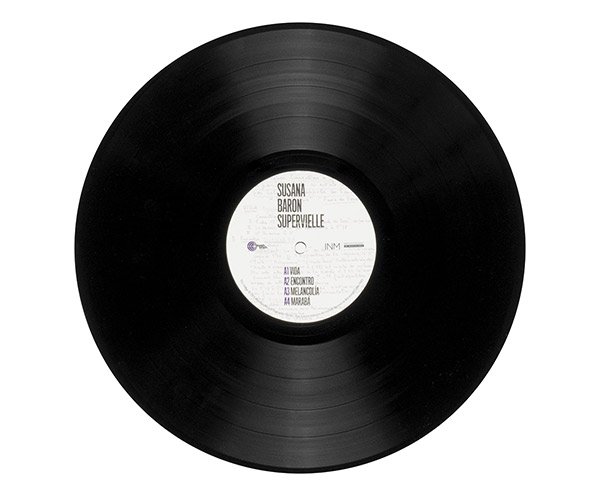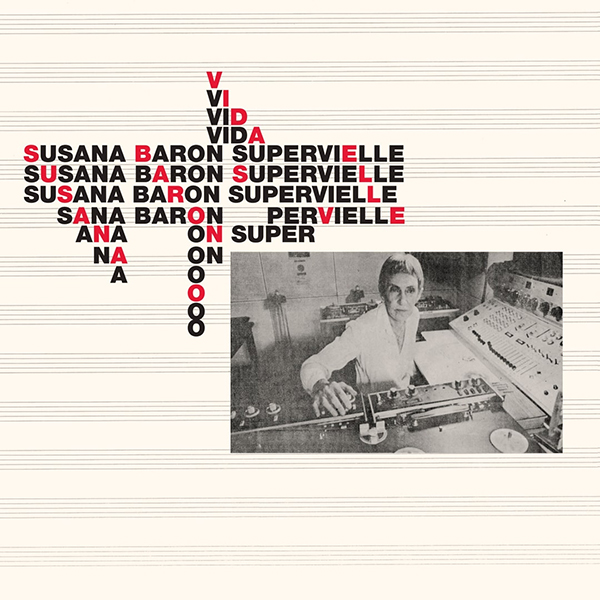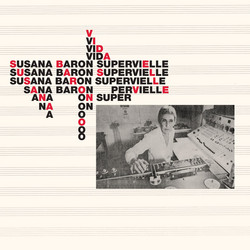Susana Barón Supervielle
Understanding and accessing the history of avant-garde, experimental, and electronic music from Latin America has always been obscure and shadowy affair. Particularly artefacts from the mid to late 20th Century, despite being some of the most striking and unique creative gestures made anywhere during that period, have proven to be among the most difficult access and sinfully overlooked. Initially belonging to a period and context in which composers and musicians from across the region maintained a continuous intellectual and creative conversation with their peers in various corners of the globe, the vast majority of these artists were cast into the shadows by the march of right-wing authoritarian regimes that captured one country after the next - severely limiting the freedom with which they could create or record their efforts - that cut them off from the international discourse to which they rightly belonged. Unsurprisingly, theses happening contributed to the authoring of a history of avant-garde and experimental music by a critical establishment that favours artists from Europe and the United States, rather than representing the full scope and diversity of truth. Only recently, through a small number of reissues and archival releases, have we begun to catch a glimpse of the remarkable creative triumphs that occurred during these dark decades in Peru, Argentina, Mexico, Cuba, Brazil, and Venezuela, bringing to light the work of remarkable composers like Walter Smetak, Marco Bosco, Priscilla Ermel, Fernando Falcão, and Jocy de Oliveira, Horacio Vaggione, Ángel Rada, Edgar Valcárcel, Mesías Maiguashca, Oksana Linde Miguel Flores, Arturo Ruiz del Pozo, and others.
The Spanish imprint Wah Wah’s latest, “Vida” - the first ever full length dedicated to the electroacoustic work of the Argentine composer, Susana Barón Supervielle - takes a huge leap further in this remarkable initiative, illuminating a legacy and career that has until now remained almost entirely out of reach. Traversing the period during which she moved between São Paulo, Buenos Aires and Paris, where she was an early member of Groupe de Recherche de Musique Concrète (GRM), these remarkable works entirely turn the long-standing narratives of history on their head, drenching the ear in astounding sounds. Nothing short of an absolute revelation, of profound importance, we couldn’t possibly recommend it enough. Ten out of ten and beyond.
Born in in Buenos Aires in 1910, and living until 2004, when she passed away in her adopted home of Brazil, Susana Barón Supervielle’s lifetime represents a window into the tumultuous social and political histories of Latin America during the 20th Century. Over the course of that period, Argentina experienced a near constant state of turmoil, numerous other-throws of democracy and totalitarian rule by military dictatorships (1930-1946, 1955-1973, 1976-1983) while her adopted country of Brazil experienced similar circumstances between 1930 and 1945, and again between 1964 and 1985. This stands in stark contrast to the search for creative and intellectual freedom represented by her work. Having initially trained under Gilardo Gilardi and Juan Carlos Paz, in 1945 interested in the avant-garde concrete music that Pierre Schaeffer was experimenting with in Paris, later moving there to join the newly formed Groupe de Recherche de Musique Concrète under his direction, well studying concurrently with Nadia Boulanger.
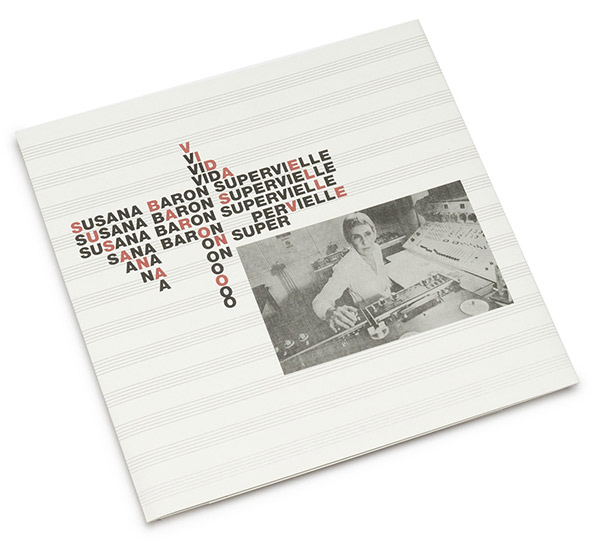
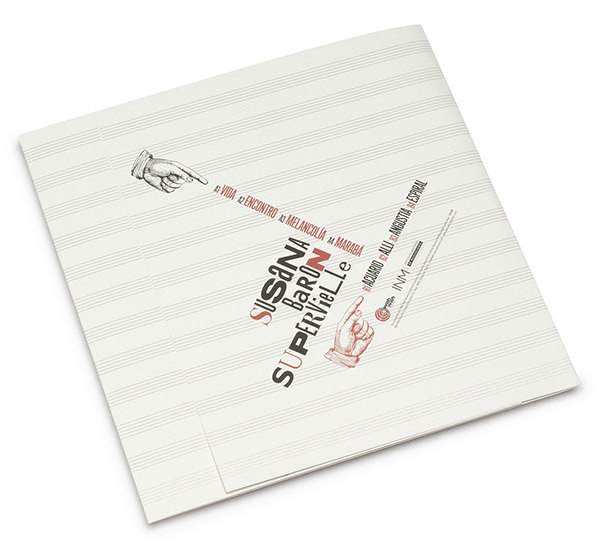
While Barón Supervielle is arguably best known for her vocal pieces with piano accompaniment, alongside works for piano and instrumental chamber ensembles, she saw electroacoustic composition as a vital means to navigate and express the interlocking cultural conversation between a life divided between São Paulo, Buenos Aires and Paris. It is likely that she composed a great deal more within the idiom, but her personal archive, housed at the Archivo del Instituto Nacional de Musicología "Carlos Vega", in Buenos Aires, only contains nine works, selected by the artists, each of which open new dimensions at the juncture between sound and montage / collage. “Vida” - coproduced by both Wah Wah and the Instituto Nacional de Musicología "Carlos Vega" - is the first ever LP dedicated to this aspect of Barón Supervielle’s output, and comprise the entire available electroacoustic works that she composed between 1974 and 1980.
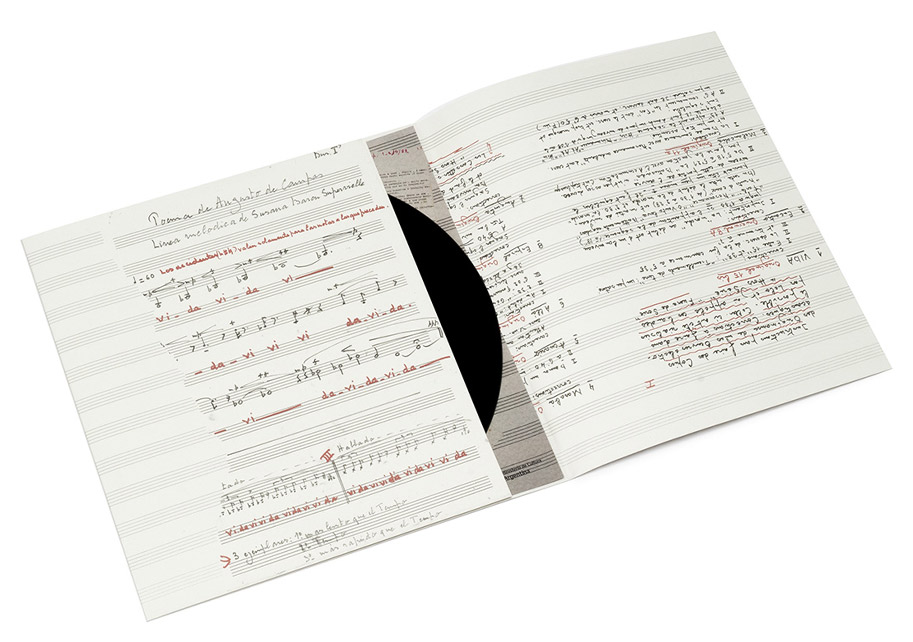
The nine works comprised by Susana Barón Supervielle’s “Vida” display a remarkable sense of cohesion between one another - in both their aesthetic make up and their rigorous search for creative voice and freedom - despite being decidedly singular in their own rights. They are primarily centered around fragmented elements of the human voice, reduced to their elemental sonority and interwoven into sprawling textural and tonal expanses that seem to imagine the further reaches of outer space.
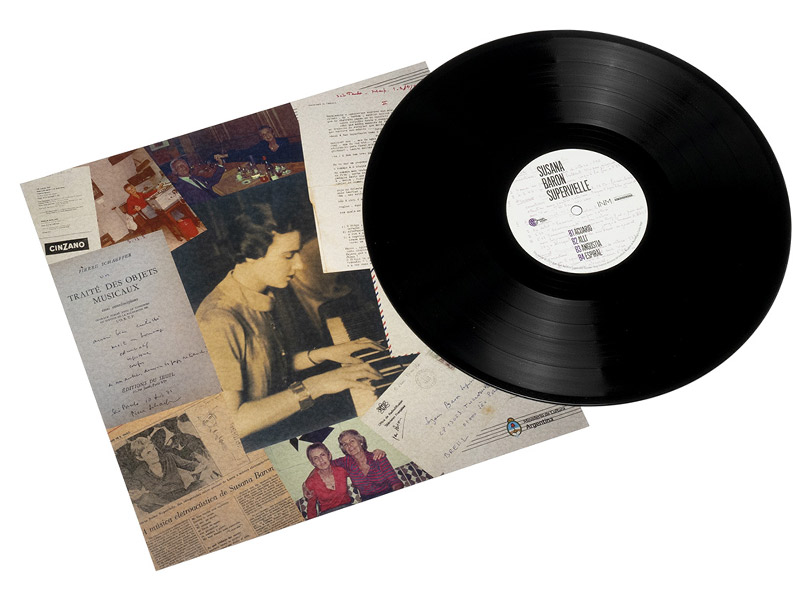
Despite this profound otherworldliness, within each presents a surprising sense musicality rumbling within and below sweeping movements of abstraction and dissonance, a connection that leaves little question of Barón Supervielle’s base principles, ideologies, and particular allegiance to the avant-garde, without sacrificing a sense of where these works belong within a larger framework of cultural output. While most of the collected works premiered in both Buenos Aires and São Paulo on dates close to those of their composition, there are not any previous known releases of these recordings, offering this LP an unparalleled level of historical significance with regard to both her legacy and the understanding of border movements and singularities within the Latin American musical avant-garde during this period.
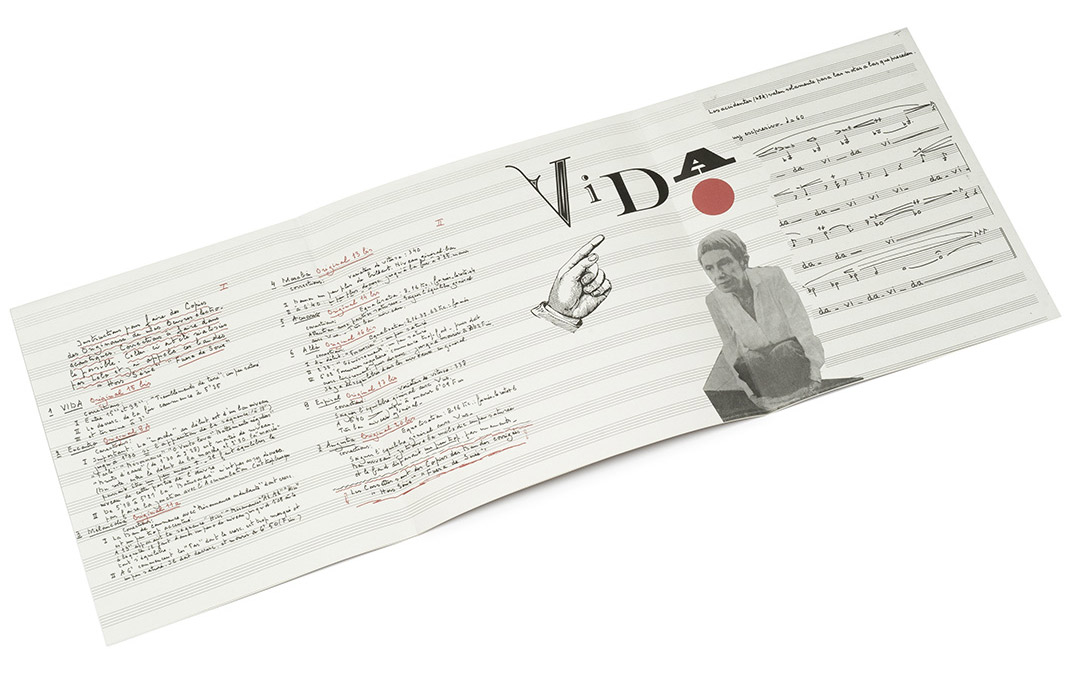
Truly remarkable and engrossing on every count, Wah Wah’s release of Susana Barón Supervielle’s “Vida” is nothing short of an illuminating revelation, opening the window on a significant musical voice whose career spanned the better part of the 20th Century, but who has remained sinfully under-acknowledged and unknown. Fantastic, monumental, and impossible to recommend enough.
